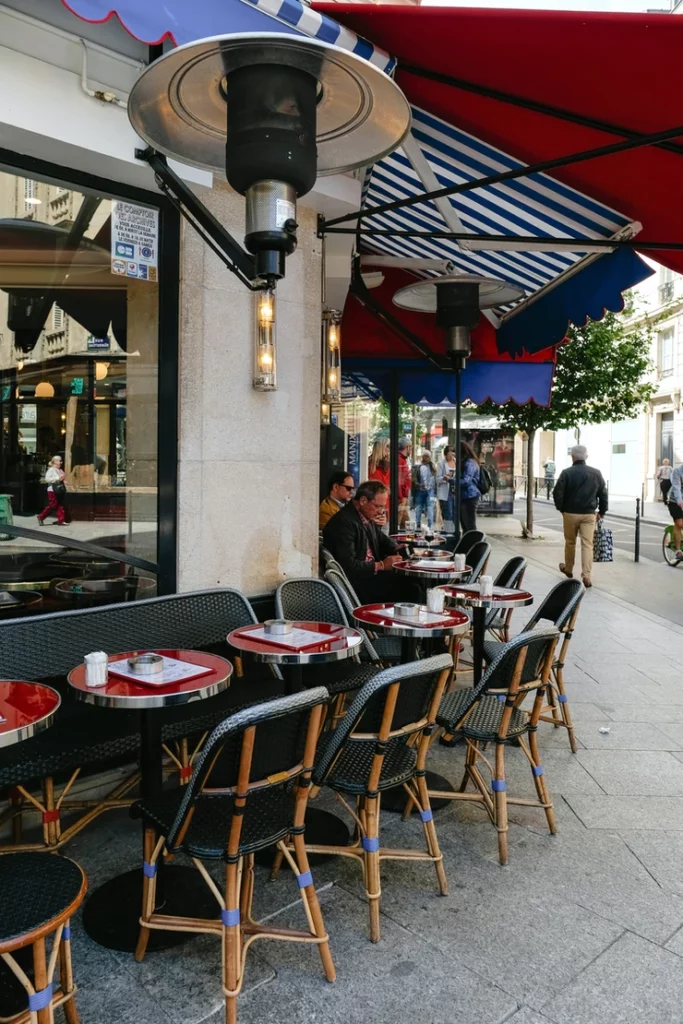Will COVID-19 Be the End of Cities?
- Last week, we wrote about the hot Austin residential housing market. And how COVID is affecting that housing market. It is certainly on fire and continues to be so.
- But what about the multifamily market? How has COVID and a blazing hot single family housing market affected the multi market?
- That’s the question we are going to try to answer this week.
Early on in the pandemic outbreak in the US – back in March and April – there were a lot of theories that people wanted were going to flee cities. Indeed, this theory is largely still believed. From Chicago to New York to Dallas, people predicted that, because of COVID-19, city dwellers would Green Acres it and flee those high rises for farm living. People would want to be spread out so far and wide.* And there are good reasons to think this theory makes sense. For example:
- Commute – More people are working from home. As a result, they do not have to worry about fighting traffic, the distance, etc.
- More space – One potential downside of being in a downtown apartment during COVID is you have less space. When you have to spend so much of your time in your residence, you may want more space.
- Social distancing – This one is pretty self-evident. There are a lot more people in cities than there are in rural areas. Its much easier to social distance in the rural areas.
- Benefits of cities are closed – One of the horrible results of COVID is that we are losing some great venues. Restaurants, bars, music venues – are closed. As a result, the benefits of living downtown have been diminished.
But at Bukowski Law Firm, we love cities. And multifamily communities. And we do not want to count them out just yet. We still hope and believe that revitalized, dense cities are good for the country.
While the narrative has taken hold that people are going to flee the cities, the data may not supported that yet. (But see – New York) Now, obviously, it could be too early to notice a big change. But so far, cities appear to be holding strong. And again, that makes sense. All of the benefits that make city living great will still be there when COVID is gone – or at least contained.
- Short commutes
- Close and diverse entertainment and dining options
- Walkability
- Positive environmental effect
So while cities may not be the favored place to live during the current pandemic, we will eventually solve the COVID puzzle. We hope. And then all the reasons you wanted to live in cities previously will be back.
As a result, the multifamily market seems well positioned for the future. Indeed, some have opined that as single family markets continue to increase during COVID, apartment living can be a more affordable option for many people. So while there has been some slowdown in the multifamily market – it has held up stronger than other asset classes. And we have not seen much, if any, widening of cap rates.
So keep building those multifamily communities and promoting density. America needs you.
*I hope there are some seasoned citizens that read this blog. Because that is a 55 year old reference.



